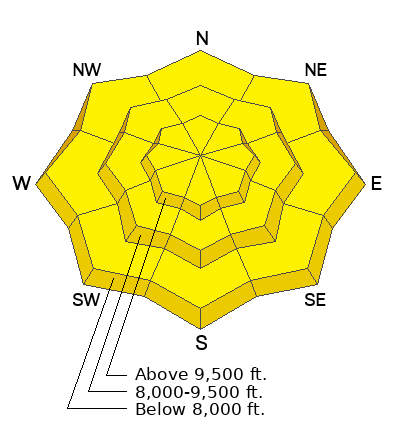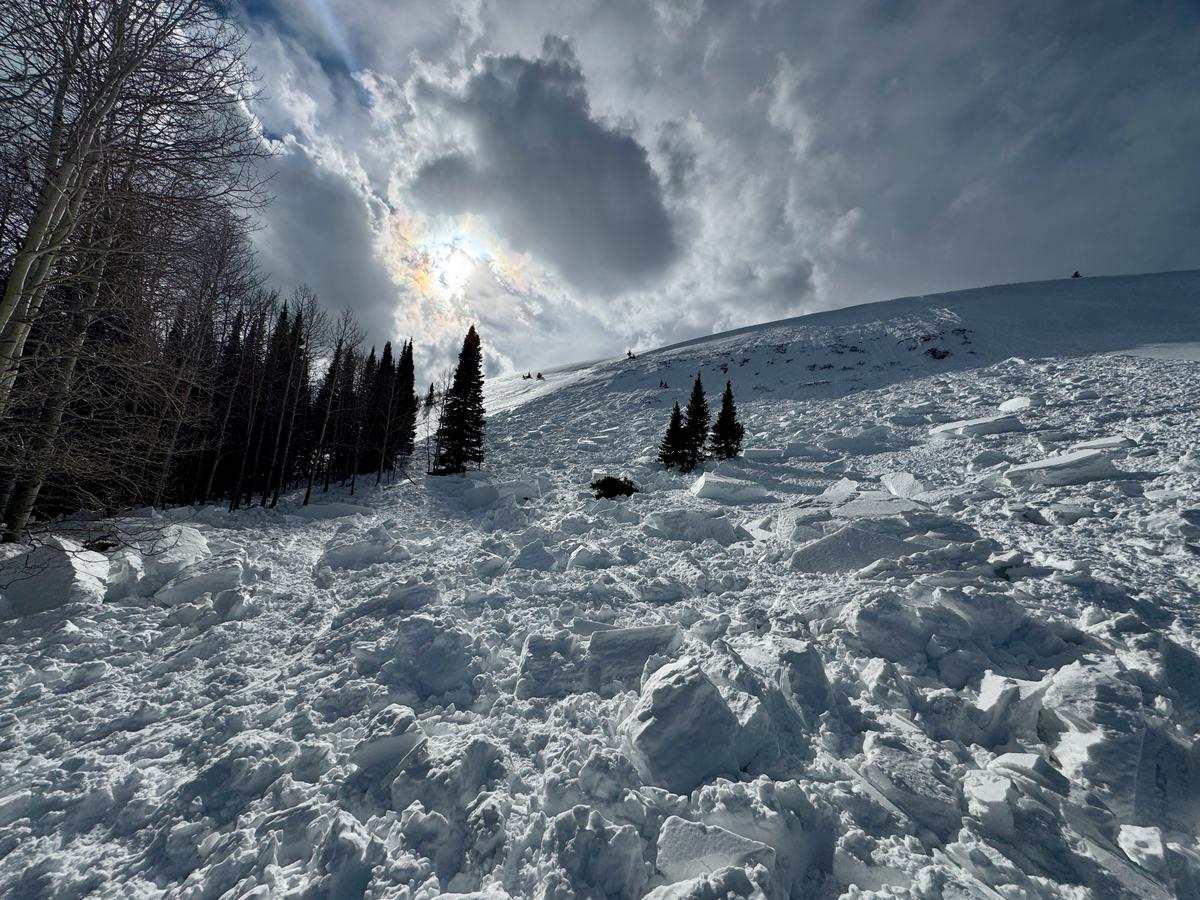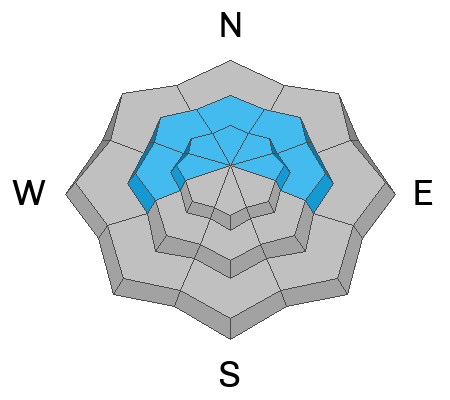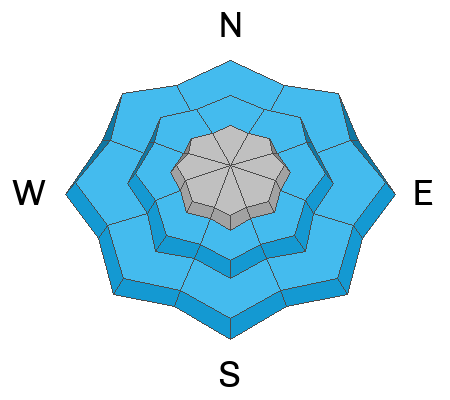Forecast for the Provo Area Mountains

Issued by Drew Hardesty on
Thursday morning, February 6, 2025
Thursday morning, February 6, 2025
A MODERATE avalanche danger exists for lingering wind slabs at the mid and upper elevations and for possible gouging wet avalanches at the mid and low elevations. Cornices remain tender and are to be avoided.

Low
Moderate
Considerable
High
Extreme
Learn how to read the forecast here










